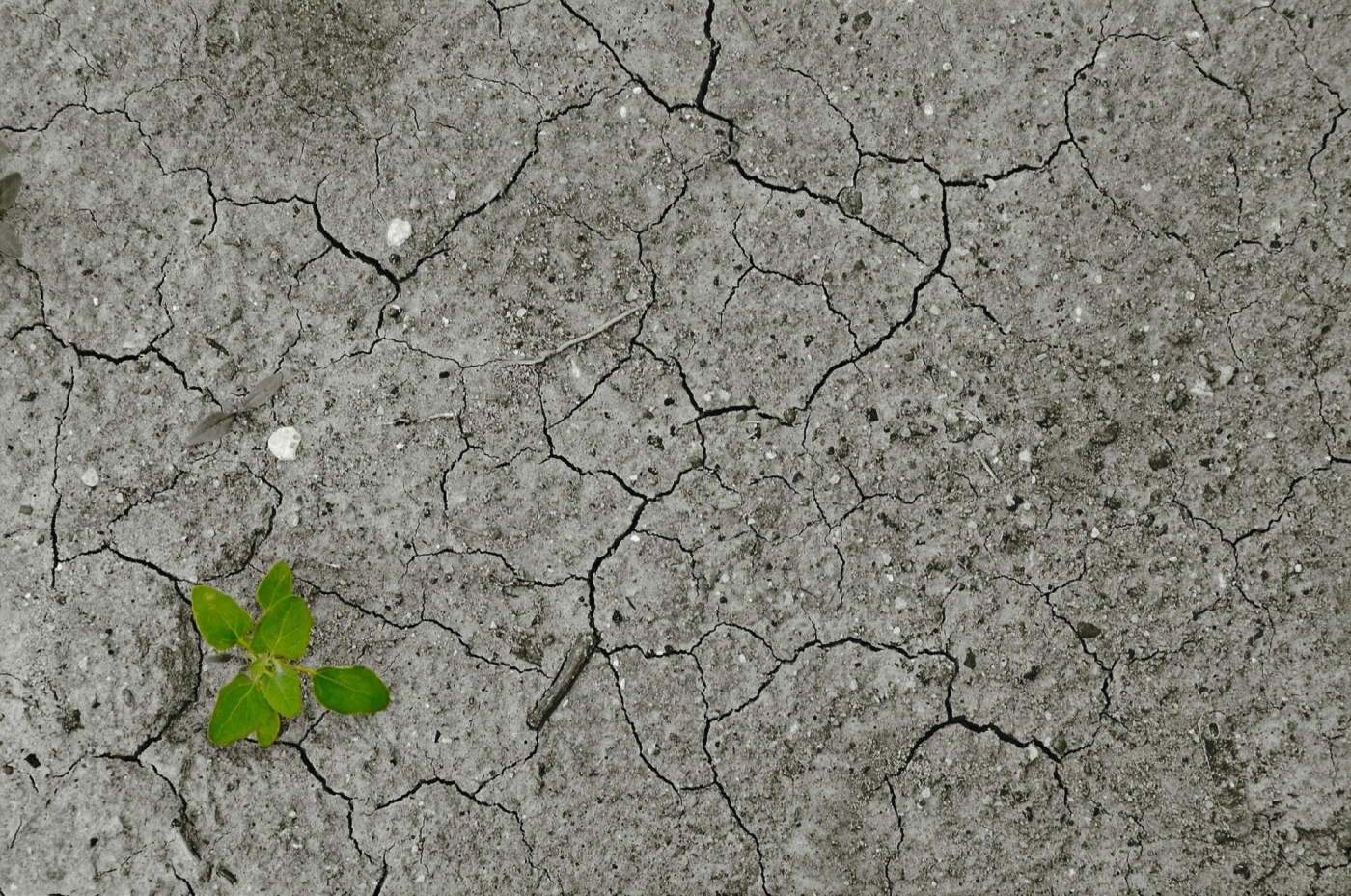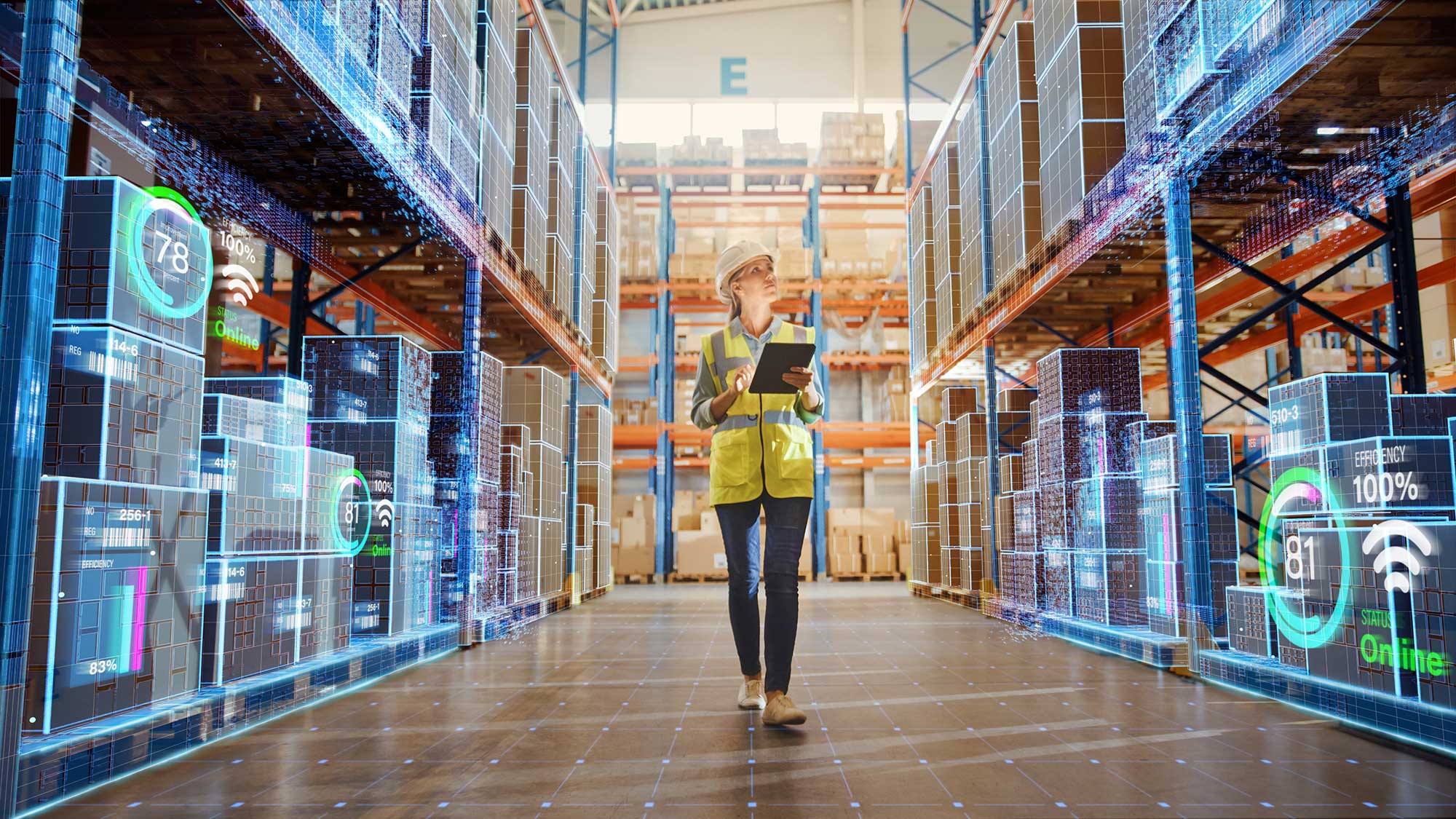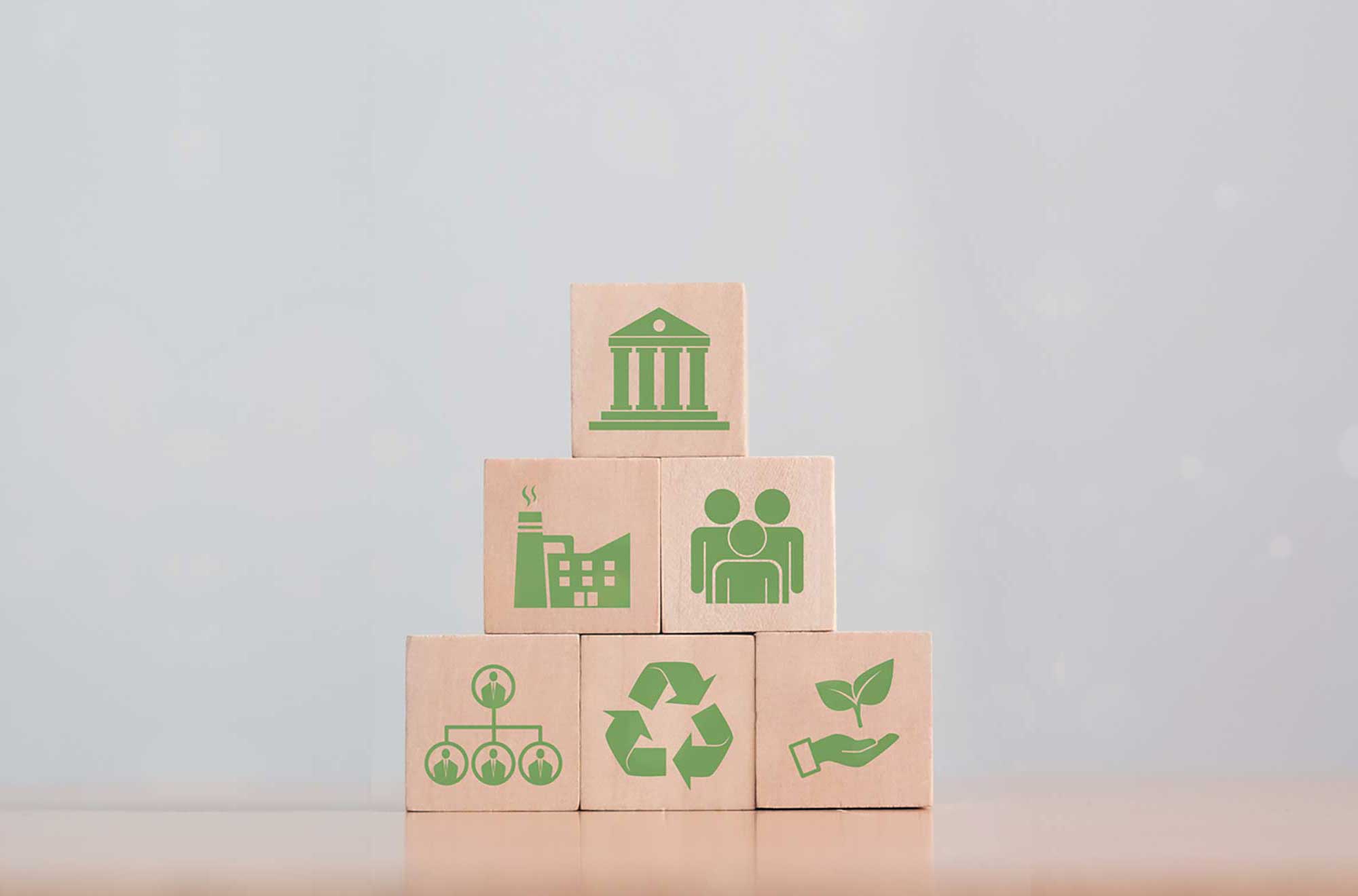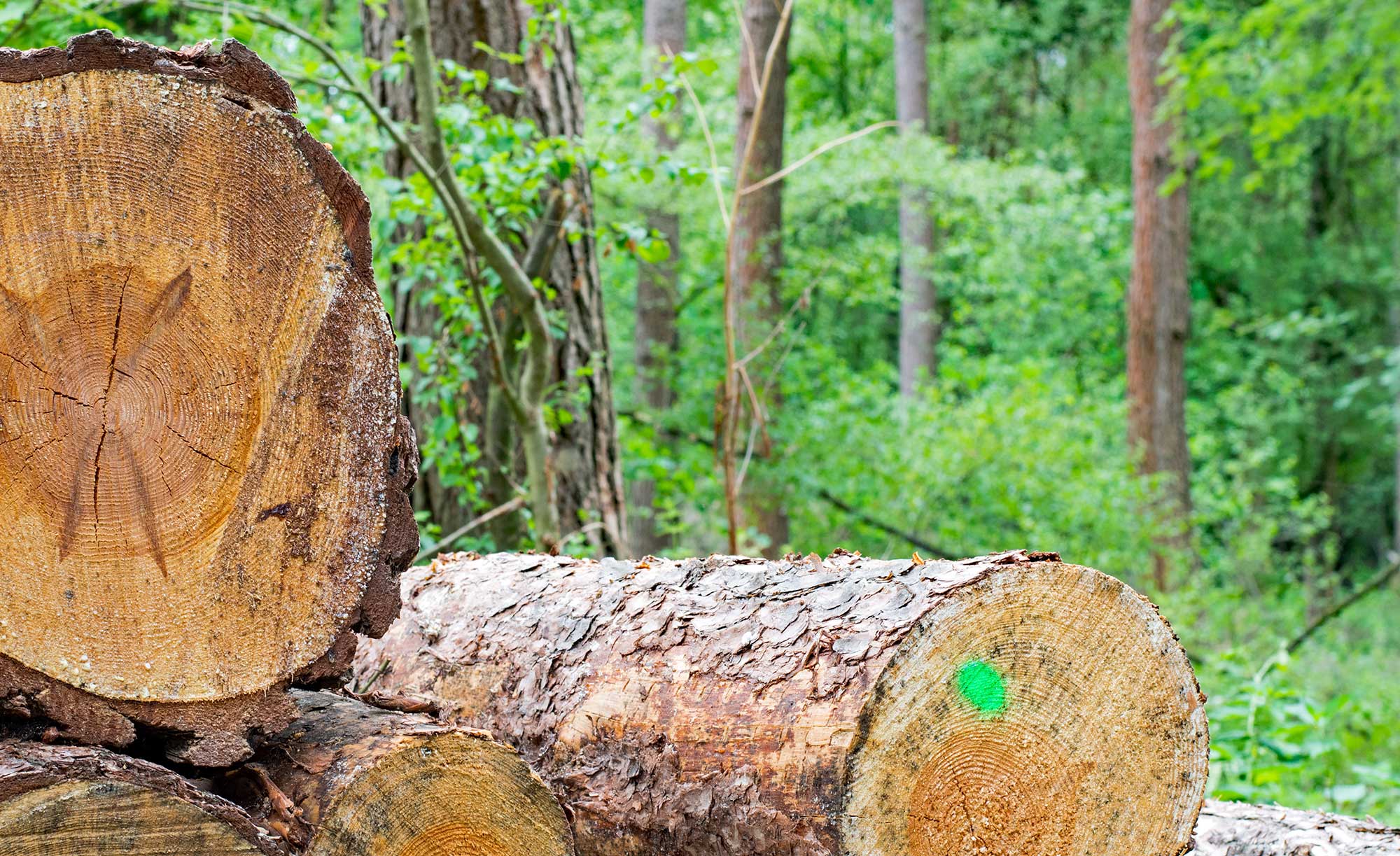22 April 2020, Earth day, a day that has never made more sense! In the current context with the COVID-19 pandemic that has transformed our lives, there are no planes in the air, there are no cars on the road, and cities are deserted. Unlike what has usually happened for a long time, this day is not a day for human beings.
Atmospheric pollution has reached its lowest level in many years, rivers are less polluted, the noise of human activity does not disturb our surrounding environment, and there is other life in our cities: wildlife ventures and roams on empty streets, fishes return to cleaner waters, and nature "breathes" better!
This is the best time to rethink how we live and carry out human activity on the only planet that we have and that has been affected by many errors and consequences of our way of life. The latest analysis shows that "our" Earth will prevail, even if our survival is at stake.
One of the changes that this context has had on our lives was to force us to focus on the essential and not on the expendable, to rationalise our consumerism and consumption of resources. The principles of sustainability and the circular economy involve concepts and solutions that can help us in these very complicated times:
• Careful use of resources, such as water and electricity, enables them to be available longer at a time of financial constraints. It also makes work easier for those who have to risk their health to ensure that all of us have access to these goods and with quality;
• In addition to the advantages it brings for health, preferring natural and fresh products enables their production to grow and distribution networks to develop, which often times strengthens local supply networks;
• Since our freedom of movement is limited, there have also been market adjustments in distribution, reducing, and rationing the number of trips and, thanks to this change, the impacts on atmospheric emissions and fossil fuel consumption are also reduced;
• The solidarity that is fortunately spreading throughout society has also brought about a principle of sharing and mutual support, which can provide many benefits and streamlining in the use of resources when applied to production activity.
Among others, these are some examples that demonstrate that, in this time of restraint and emergency, we can also help our planet Earth and benefit from it when we consider making changes to our lives and habits – without losing the "quality of life" of everyone – for today and for a better future for all.
Solutions and habits like these are what reduce everyone's environmental impact and create a better environment for everyone as a whole. Our activity's carbon footprint has been reduced, and it is now becoming clear how it contributes to the greenhouse effect and, consequently, to climate change.
We must increasingly regard ourselves as part of the Earth and not just as consumers of its resources. In order for all of us to overcome this and the remaining challenges that will arise, a sense of community is essential since these matters affect all of us, even if they are caused by some.
On this Earth day from our home which we cannot leave, let us reflect on how to act in a way that we can all manage to have a quality of life without putting the future of "our" planet Earth at risk, even after the pandemic ends!
Pedro Fernandes
Climate Change Business Developer














